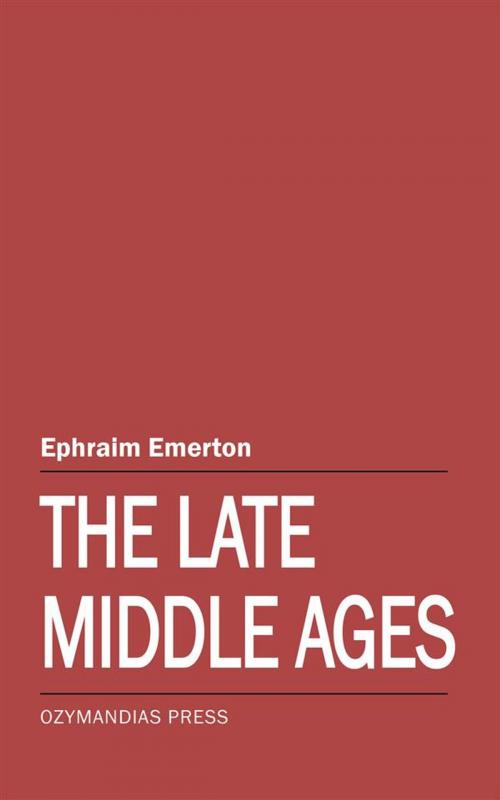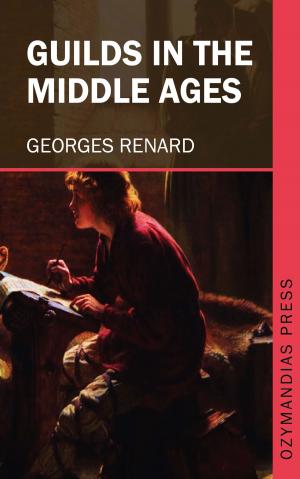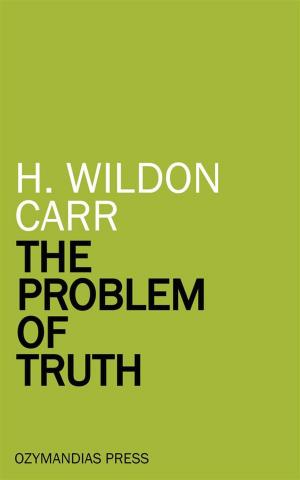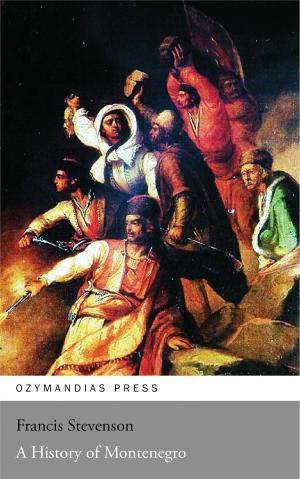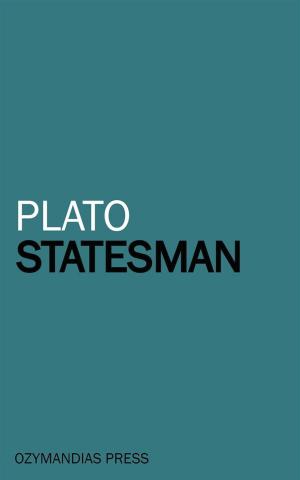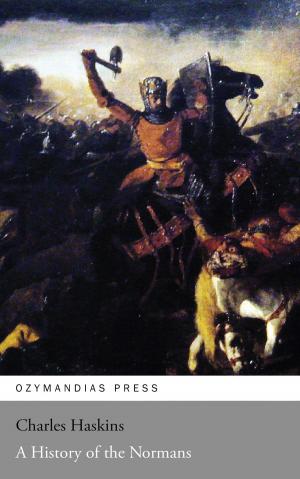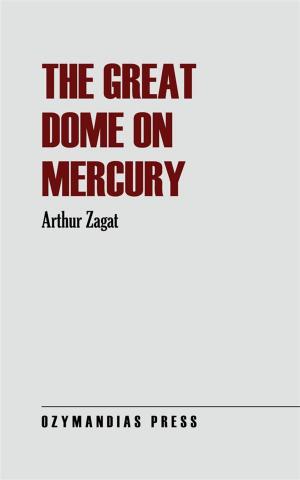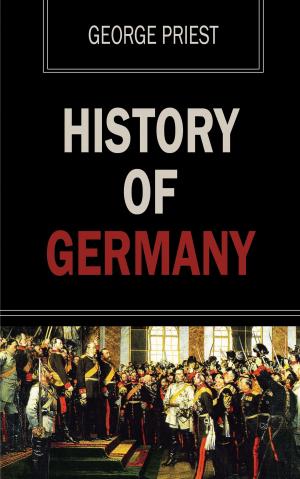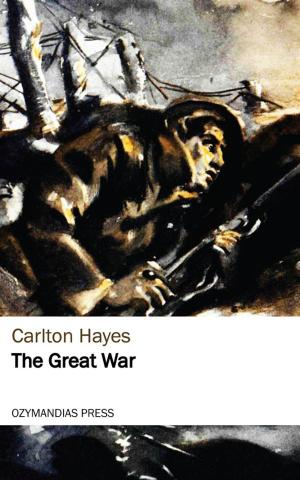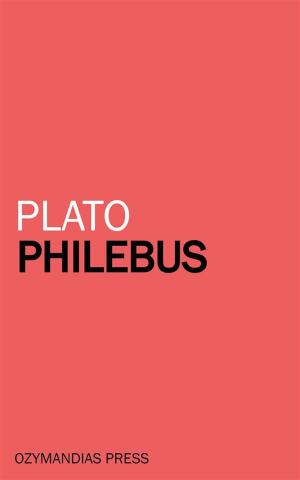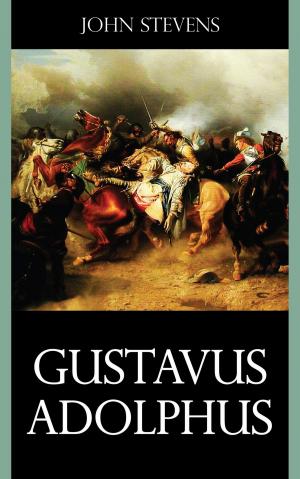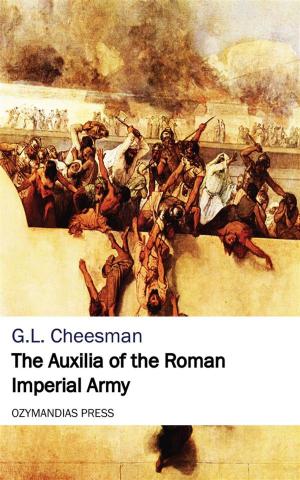| Author: | Ephraim Emerton | ISBN: | 9781531288051 |
| Publisher: | Ozymandias Press | Publication: | July 7, 2016 |
| Imprint: | Language: | English |
| Author: | Ephraim Emerton |
| ISBN: | 9781531288051 |
| Publisher: | Ozymandias Press |
| Publication: | July 7, 2016 |
| Imprint: | |
| Language: | English |
The period of which this volume treats differs fundamentally both from that which precedes and from that which follows it. In each of those periods we are able to fix our attention upon a certain well-defined set of institutions which completely control its activities. In the former, the strictly mediæval, we see Europe wholly under the sway of two vast ideas, feudalism and the Roman church system. In the latter, the purely modern period, Europe has almost wholly lost those ideas and has come out into the familiar political structure of a family of independent national states and into the freer air of religious toleration, if not yet of religious liberty.
Between these two lies the period which is the subject of our present study. It is a chapter in human history of which no brief general description can be given. It is impossible to point to any peculiar institutions that govern its life. As we try to unfold the tangled thread of its history we seem to find only confusion and disorder. It reminds one in many ways of that other and even greater confusion that lies between the records of Rome and those of the Germanic Middle Ages. There we are conscious of a mighty civillization passing away and of another just vaguely taking shape in rude barbaric forms which, however, contain the germs of a new and more vigorous life. So here again we find two opposing currents in the stream of human history, and already at the beginning of our study it is clear which of them is destined to prevail. The vast, picturesque structure of the Middle Ages has done its service and is beginning to crumble. In every direction the resistless forces of the modern world are undermining its foundations or with bolder front are beating in open assault against its walls. To the careful student there is neither disorder nor confusion in the process. It is simply a natural development working out its results by the method of inevitable compensation. In the earlier transition – that from Rome to the Middle Ages – the shock of change is the greater because there is a change also in the race which is to be the bearer of the world's civilization. That whole transition may be summed up dramatically in the contrast of Roman and Teuton. Not only do institutions disappear, but the very race which created them disappears also as a historical unit. A new Europe is brought into the ken of history by a new race actually, in physical fact, emerging out of the darkness and taking its place in the great procession of historic peoples. In the present transition there is no such dramatic moment. The nations which make the modern world are the same that had brought mediæval culture to its height. They have simply been going through a process of education and are now just beginning to see the meaning of it. The new succeeds the old through the silent working of development. Not that this period is without its great conflicts. There is enough of the dramatic in the sharp contrast of ideas and in the clashing of ancient rights with newly asserted claims to make every chapter of this transition alive with vivid interest.
The period of which this volume treats differs fundamentally both from that which precedes and from that which follows it. In each of those periods we are able to fix our attention upon a certain well-defined set of institutions which completely control its activities. In the former, the strictly mediæval, we see Europe wholly under the sway of two vast ideas, feudalism and the Roman church system. In the latter, the purely modern period, Europe has almost wholly lost those ideas and has come out into the familiar political structure of a family of independent national states and into the freer air of religious toleration, if not yet of religious liberty.
Between these two lies the period which is the subject of our present study. It is a chapter in human history of which no brief general description can be given. It is impossible to point to any peculiar institutions that govern its life. As we try to unfold the tangled thread of its history we seem to find only confusion and disorder. It reminds one in many ways of that other and even greater confusion that lies between the records of Rome and those of the Germanic Middle Ages. There we are conscious of a mighty civillization passing away and of another just vaguely taking shape in rude barbaric forms which, however, contain the germs of a new and more vigorous life. So here again we find two opposing currents in the stream of human history, and already at the beginning of our study it is clear which of them is destined to prevail. The vast, picturesque structure of the Middle Ages has done its service and is beginning to crumble. In every direction the resistless forces of the modern world are undermining its foundations or with bolder front are beating in open assault against its walls. To the careful student there is neither disorder nor confusion in the process. It is simply a natural development working out its results by the method of inevitable compensation. In the earlier transition – that from Rome to the Middle Ages – the shock of change is the greater because there is a change also in the race which is to be the bearer of the world's civilization. That whole transition may be summed up dramatically in the contrast of Roman and Teuton. Not only do institutions disappear, but the very race which created them disappears also as a historical unit. A new Europe is brought into the ken of history by a new race actually, in physical fact, emerging out of the darkness and taking its place in the great procession of historic peoples. In the present transition there is no such dramatic moment. The nations which make the modern world are the same that had brought mediæval culture to its height. They have simply been going through a process of education and are now just beginning to see the meaning of it. The new succeeds the old through the silent working of development. Not that this period is without its great conflicts. There is enough of the dramatic in the sharp contrast of ideas and in the clashing of ancient rights with newly asserted claims to make every chapter of this transition alive with vivid interest.
